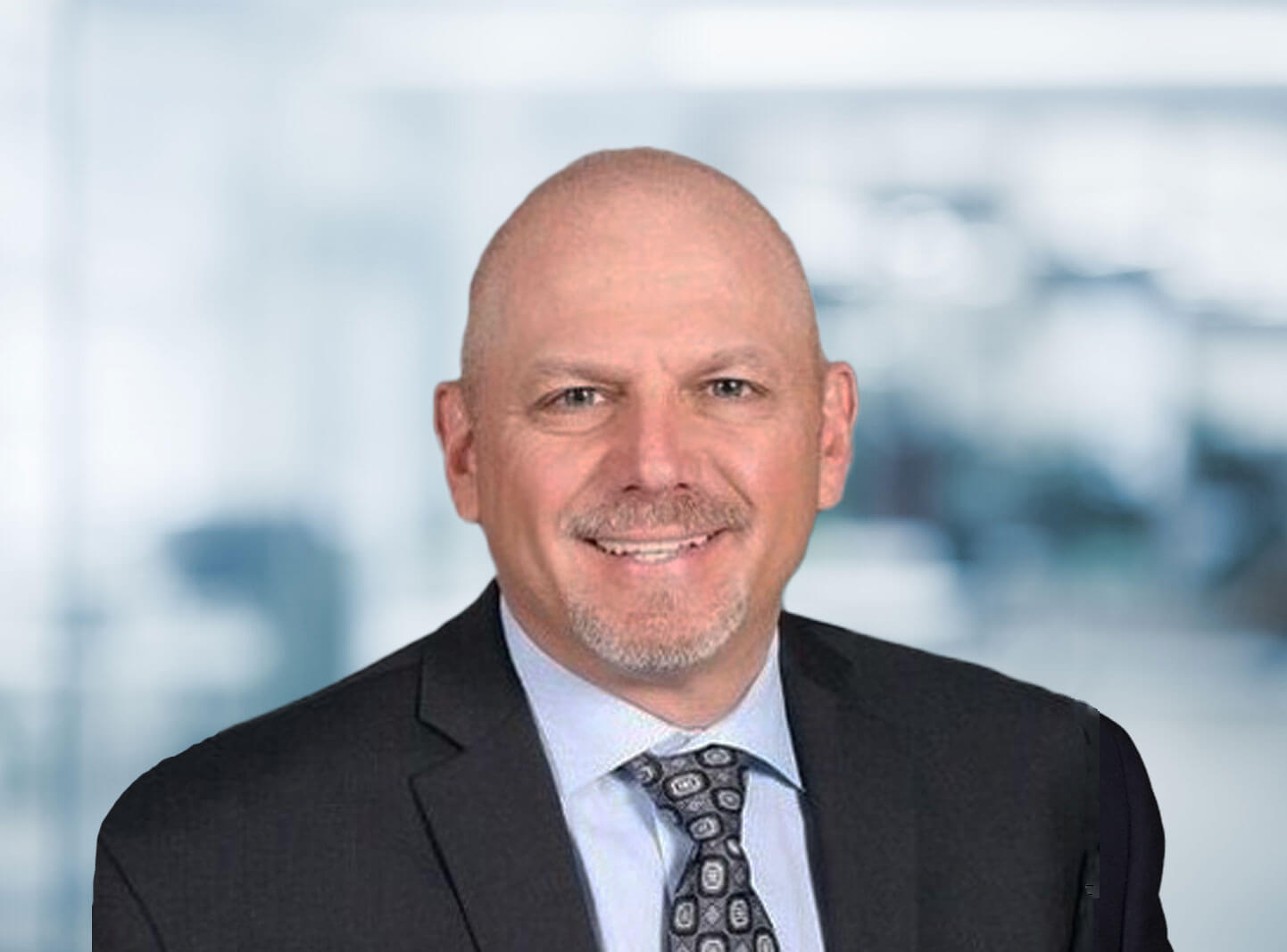Overview
All businesses are vulnerable to fraud. As shocking as that statement seems, the most recent Association of Certified Fraud Examiners Report to the Nations, which is a global study of fraud estimates, revealed that businesses lose 5% of revenues each year to fraud.
At HW&Co., our professionals hold certifications including Certified in Financial Forensics (CFF), Certified Fraud Examiner (CFE) and Certified Public Accountant (CPA). We help clients in a variety of ways from helping them deter fraud from occurring to assessing and aiding in recovery from the financial damage.
Our professionals also provide critical support in the event that you need to go to court. We are able to work with your legal counsel, providing expert witness testimony or a forensic accounting report.
Who We Serve
Our team strives to help you to understand the risks of doing business. At HW&Co. we understand that the highest contributing factor of fraud is a lack of internal controls, particularly at small businesses. We can help you bring closure to your situation, with expertise and quality service all while recovering your assets and peace of mind.
- Construction & Real Estate
- Entrepreneurs
- Healthcare
- Manufacturing & Distribution
- Nonprofit Organizations
- Private Equity
- Professional Service Firms
- Small businesses
- Technology Companies
Fraud Insights
Questions & Answers
What are the benefits of hiring an expert that is a Certified Fraud Examiner?
The Certified Fraud Examiner (CFE) credential is issued by the Association of Certified Fraud Examiners (ACFE) and signifies proven expertise in fraud prevention, detection, and investigation. In retaining an expert with the CFE credential, there is an assurance that the expert is well-trained and has the necessary experience to identify red flags that indicate potential fraud schemes and improprieties, as well as to properly investigate and gather evidence.
What’s the difference between a forensic accountant and an auditor?
A forensic accountant has additional specialized training, experience, and credentials for financial forensics. A traditional CPA (Certified Public Accountant) auditor performs tests of transactions to measure compliance with reporting standards. A forensic accountant tailors testing and analysis procedures to address specific allegations, concerns, or financial matters and is experienced in litigation support services.












